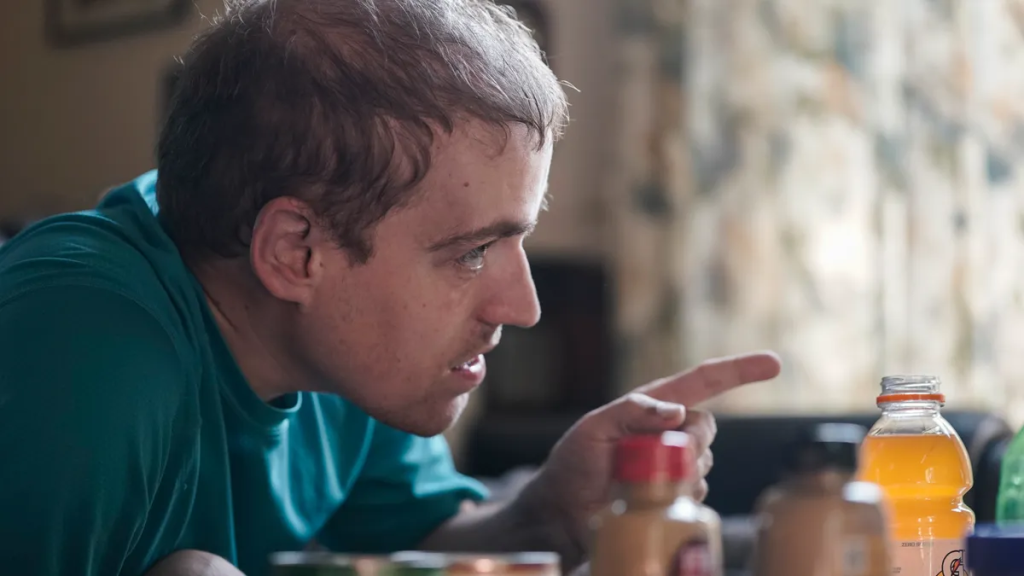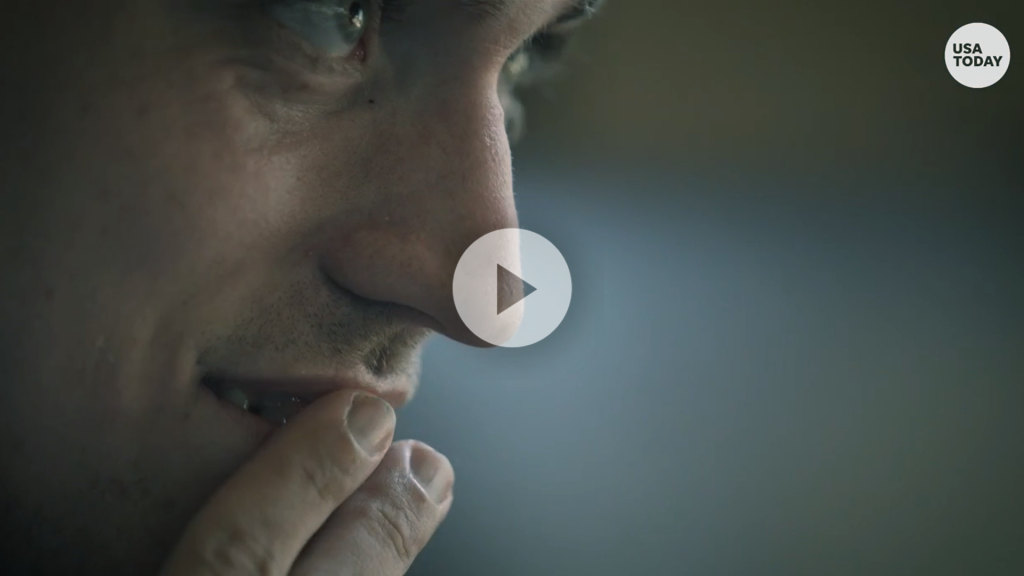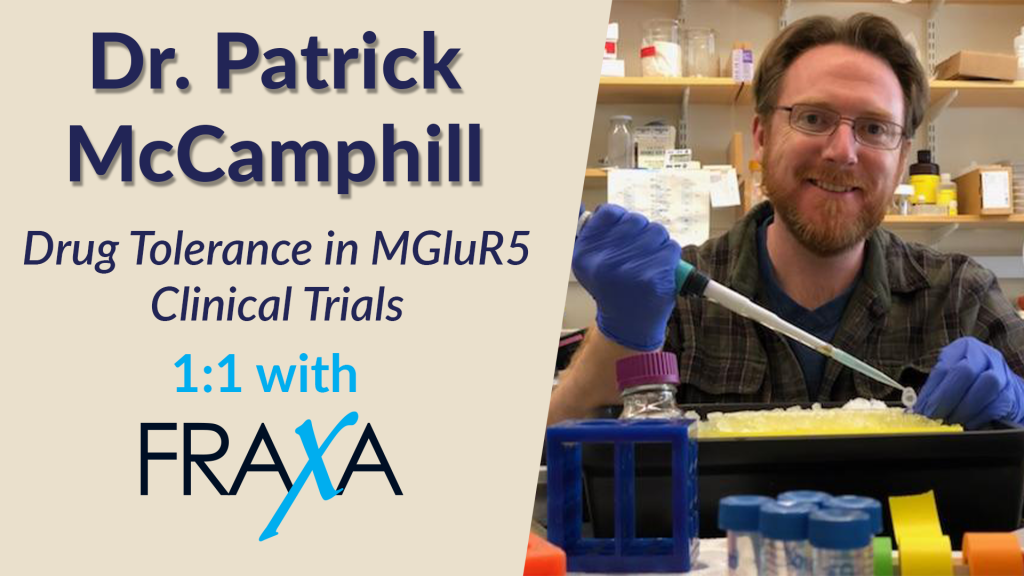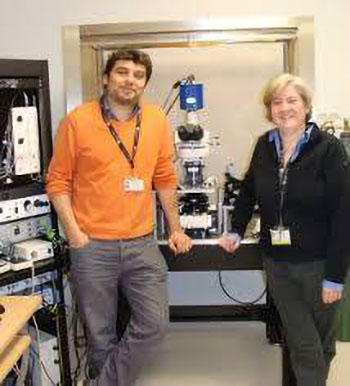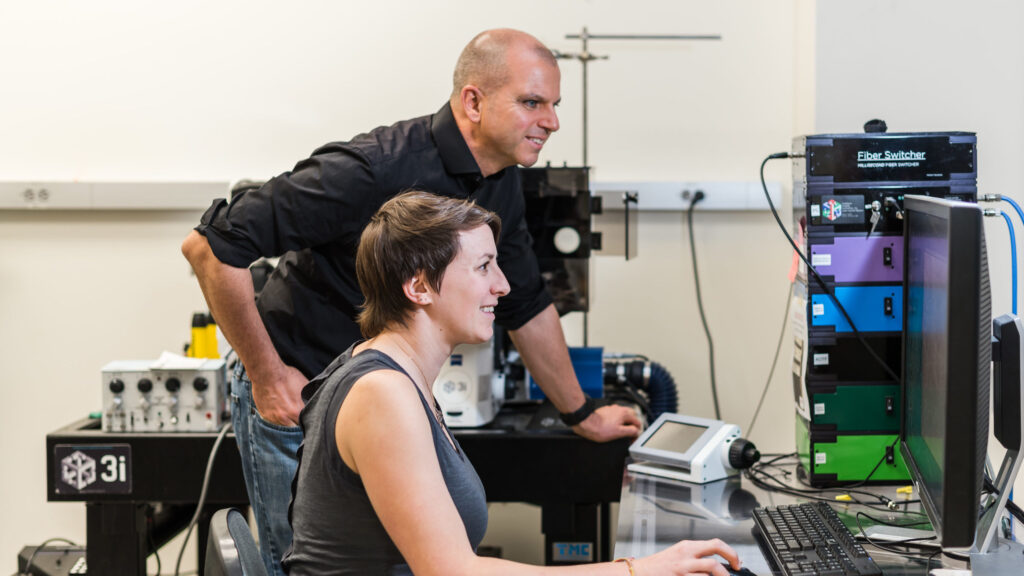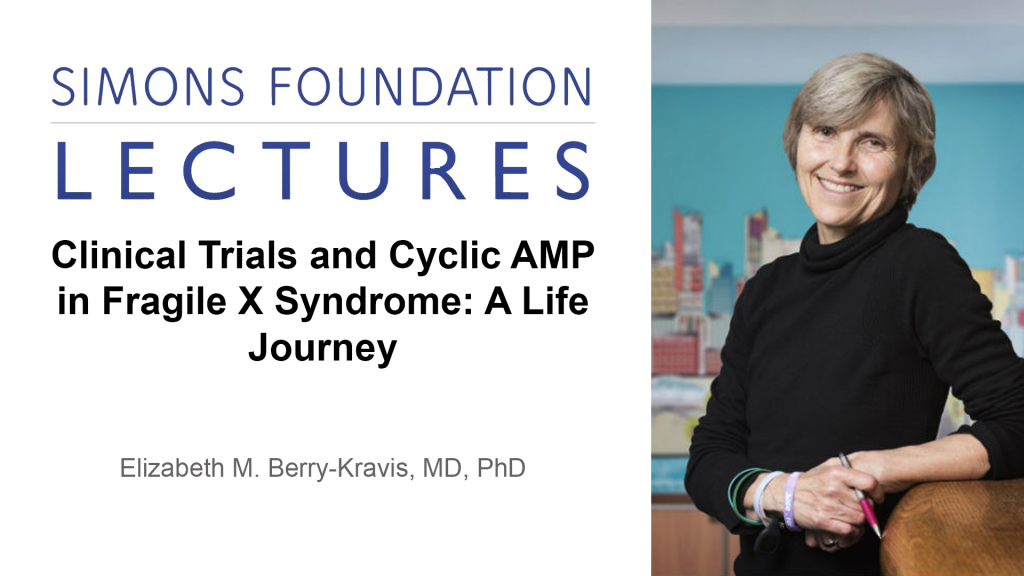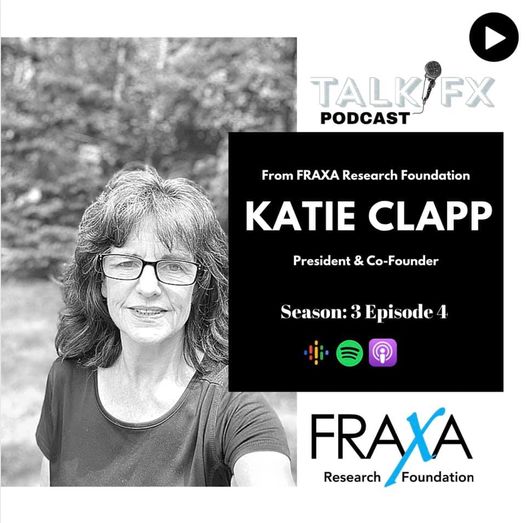USA Today, “Fragile X treatment: Decades later, progress in rare genetic condition”
USA Today profiled FRAXA co-founders Mike Tranfaglia, Katie Clapp, and their son Andy, highlighting how science is transforming rare disease care.
USA Today Video, “Living with Fragile X Syndrome: ‘He is growing… it’s just really slow'”
Born with Fragile X Syndrome, a rare developmental disorder, Andy Tranfaglia, thrives with the help of his parents and a community of supporters.
Characterization of Microglia Transcriptional Profile in Fmr1 Knockout Mice Model
Microglia are excessively activated in Fragile X models. The team will investigate the mechanisms and attempt to correct this using drugs.
The Role of Astrocyte BMP Signaling in Fragile X Syndrome
Researchers found a pathway in astrocytes that is overactive in Fragile X syndrome, and they hope to bring this pathway back to normal with a drug.
Memorial Tribute to Dr. Stephen T. Warren
Dr. Stephen T. Warren, who discovered the Fragile X gene (FRAXA) in 1991, passed away June 6, 2021. Donations in his honor support FRAXA Research.
Meet Tyler!
Meet #FriendofFRAXA Tyler! If you would like to nominate someone as a #FriendofFRAXA, we welcome all who have been touched by Fragile X, including friends, grandparents, siblings, professionals and companions alike to become a #FriendofFRAXA with the goal of putting a face to Fragile X for those who may not know someone directly.
Identifying Cellular and Molecular Signatures in Human Neurons That Distinguish Fragile X Syndrome Patients with Divergent EEG Profiles
Just as Fragile X affects individuals differently, medications do as well. This project aims to bring personalized medicine to Fragile X syndrome.
Drug Tolerance in MGluR5 Clinical Trials – Dr Patrick McCamphill 1:1 with FRAXA
We have long suspected that the clinical trials of mGluR5 blockers from Novartis and Roche failed because the drug triggered tolerance, losing effect over time. With a $90,000 grant from FRAXA, Dr. Patrick McCamphill, a Postdoctoral Fellow in the MIT lab of Dr. Mark Bear, is investigating. He does indeed find tolerance, and now he is looking for ways to overcome it.
Pivotal Phase 3 Trial of Zygel in Severe Fragile X Possible This Year
Zynerba Pharmaceuticals reported receiving advice from the U.S. Food and Drug Administration (FDA) on the design of an upcoming Phase 3 clinical trial meant to confirm previous trial findings supporting Zygel as a cannabidiol treatment in a specific subset of Fragile X syndrome patients. The new trial, called RECONNECT, is expected to launch before October, and will mainly enroll children and adolescents with a complete (100%) methylation of FMR1, the gene mutated in Fragile X.
We Started Out Small, Now Look…
Join FRAXA in lighting up the world on July 22 for World Fragile X Day—together, we shine teal for Fragile X awareness!
NPR Feature – A Fragile X Treatment May Be On The Horizon
NPR’s Jon Hamilton looks back on a decade of Fragile X progress and the Tranfaglia family’s quest for a cure. Hear their story on NPR Short Wave.
Pharmacotherapeutic Effects of Cannabidiol (CBD) in Fragile X syndrome (FXS) and Autism Spectrum disorder (ASD)
This study tested CBD (cannabidiol) treatment in male and female Fragile X mice to learn how and why it works and whether gender affects responses to CDB treatment.
NPR Short Wave, “A Fragile X Treatment May Be On The Horizon”
Katie Clapp and Michael Tranfaglia’s son was born with a genetic disorder that affects brain development. It makes it hard to learn language and basic daily tasks and often is accompanied by a host of other disorders. To help find a cure, they started a foundation and raised research money. After se…
Holly Roos Joins the FRAXA Team!
We’re thrilled to welcome Holly Roos, longtime Fragile X advocate, as FRAXA’s new Community Services Director!
Brain & Life, “A Mom Leads Efforts to Cure Fragile X Syndrome for Her Son and Others”
We haven’t found a cure yet, but we’ve moved closer to understanding fragile X syndrome and identifying treatment targets. We hope this will help our son and other families dealing with this life-changing condition.
Tetra Releases Full Results of FRAXA-Funded Clinical Trial of PDE4D Inhibitor
Today, Tetra Therapeutics published the full results of its PDE4D trial published the full results to their announcement. Now having reviewed the full results, FRAXA can confidently say that the PDE4D drug trial gives hope to patients and families that Fragile X Syndrome is a treatable disorder, and this particular drug can improve intellectual disability.
Cellular-Specific Therapeutic Targeting of Inhibitory Circuits in Fragile X Syndrome
The team studied how inhibitory brain circuits malfunction in Fragile X and tested ways to restore balance by targeting mGluR and endocannabinoid signaling.
FRAXA Supports Increased Funding for NICHD
FRAXA has joined the Friends of NICHD coalition, urging increased government funding for research into Fragile X and related conditions.
Auditory Dysfunction in Fragile X Syndrome in a Mouse Model of Fragile X
FRAXA-funded studies found Fragile X mice show altered auditory circuit function with delayed startle timing and reduced prepulse inhibition, mirroring human sound sensitivity.
Clinical Trials and Cyclic AMP in Fragile X Syndrome: A Life Journey
In November 2020, a phase II clinical trial reported extremely successful results. This clinical trial of a PDE4D inhibitor from Tetra Pharmaceuticals was conducted by Dr. Elizabeth Berry-Kravis at Rush University Medical Center and funded by FRAXA Research Foundation. In this Simons Foundation lecture, Elizabeth Berry-Kravis traces 30 years of Fragile X research, from identifying its cause, through finding dozens of treatment targets, through a series of disappointing clinical trials.
Educating Young Children with Fragile X Syndrome
We share strategies, tips, techniques, and stories to help teachers and therapists who are working with young children who have Fragile X syndrome.
Parkinson’s Therapy May Hold Promise for Fragile X
A study funded by FRAXA in Italy has encouraging results for people with Fragile X: drugs that block adenosine receptors (A2A) reversed signs of Fragile X in a mouse model.
"One of the most intriguing things about this study is that it points to an entire drug class (not just the one drug used) as potentially therapeutic for Fragile X. Many available compounds block A2A receptors, and we know they are safe and effective.
The Why and How of FRAXA’s Work to Find a Cure for Fragile X
Thank you Talk Fragile X for having FRAXA’s cofounder Katie Clapp as a guest on your podcast! It was a pleasure to share why FRAXA got started and our motivation for finding effective treatments and ultimately a cure for Fragile X syndrome.
Beneath the Surface of Fragile X Syndrome: Study Sheds Light on What’s Happening in Nerve Cells
This FRAXA-funded project has turned up some surprising results. At first, it might seem Kurosaki and Maquat have found yet another cellular process which is malfunctioning in Fragile X. But this finding is intimately related to previous findings of abnormal protein synthesis and misregulated transcription in Fragile X. FMRP (the protein lacking in Fragile X syndrome) is involved in chaperoning messenger RNAs within cells to active sites, and in controlling their translation into many different proteins. Some of these proteins are transcription factors, which feed back to the nucleus to control gene expression.

